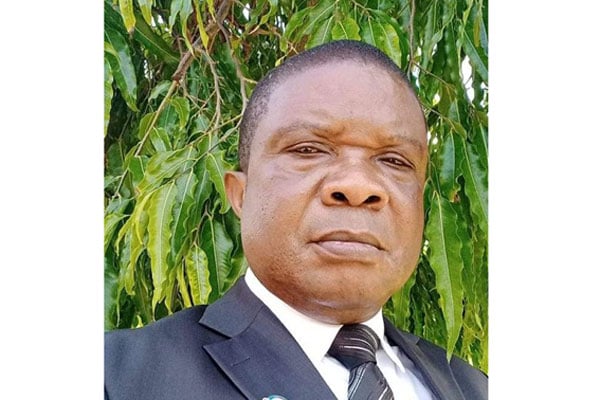Service delivery: Locals caution govt on reports by civil servants

Rukungiri Resident District Commissioner (RDC) Stephen Nsubuga Bewayo. PHOTO/COURTESY
What you need to know:
- The locals say the government should always involve them rather than relying on the reports submitted by the civil servants.
Residents of Rukungiri District have asked the central government to always investigate reports made by civil servants on service delivery.
Speaking at a community-based baraza (meeting) organised by the Office of the Prime Minister at Rukungiri Municipal Stadium on Tuesday, the locals also asked the government to always involve them rather than relying on the reports submitted by the civil servants.
“An engagement like this one should have gone deep in communities, to the grassroot because it is people there who fail to get drugs at health centres, can’t access services like water and education, among other government programmes,” Mr Gadson Mutabazi, the chairperson of Rwakabengo B cell in Southern Division, Rukungiri Municipality, said.
He added: “You will never get honest feedback if you involve only a few leaders and civil servants in accessing the challenges people at the grassroots face.”
The residents, who included village chairpersons and local councillors, accused civil servants of making false reports on service delivery.
Mr Mutabazi said engagements with leaders only without involving the locals will always fall short of facts.
Mr Gideon Turyamubugana, the municipal councillor for Kanyanya Ward, said the locals are the ones directly affected by service delivery and need to be actively involved in the meetings for effective reporting on service delivery.
“As a leader, I only go [to the grassroots] such as health centres once in a while to monitor service delivery but the local person involved is the one directly affected. They are the ones who feel the effect of lack of drugs at health facilities, poor roads, lack of education facilities, so they need active participation in these barazas,” he said.
Mr Micheal Byarugaba, the Western Division district councillor, said the government needs to take the Parish Development Model (PDM) approach to ensure effective service delivery and accountability.
“If it [government] is going for mass immunisation, they [health workers] go house-to-house. I think the same method should be used on issues of assessing service delivery at the grassroots,” he said.
The State Minister for Bunyoro Affairs, Ms Jennifer Namuyangu, warned civil servants who operate as “desk officers” and do not go to the field to help transform the communities.
“Don’t sit in offices and make reports. You are employed to go and transform Ugandans,” she said.
The Rukungiri Resident District Commissioner (RDC), Mr Stephen Nsubuga Bewayo, acknowledged that community forums should be more inclusive of the grassroots people than leaders and civil servants.
“I also agree with the local leaders’ observations because the person at the grassroot is the one who takes that dirty water, can’t access a health facility, and can’t have market for his produce,” he said.
He, however, explained that the reason they didn’t have many community members at that particular engagement was because it had been organised following the standard operating procedures for the prevention of the spread of Covid-19, thus a scientific one. He pledged to have more locals attend future engagements.
Ms Sharifa Nakintu, the Rukungiri Municipality town clerk, said they have been carrying out community engagements but many locals are reluctant to embrace them.
“Even when you take these engagements to divisions, these community members don’t want to come, I think there is a challenge of mind-set, which we also need to work on,” she said.
At the meeting, several concerns were raised, including limited funding across all sectors, lack of water and pit-latrines in schools, delayed implementation of PDM activities, among others.
Minister Namuyangu promised to forward each of the challenges to relevant ministries for action.




